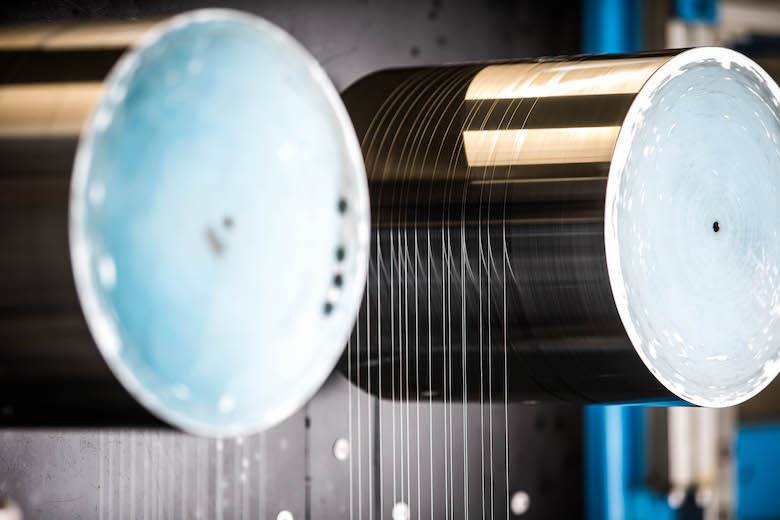Lenzing vice-president lays into polyester

The vice-president for textiles at fibre manufacturing group Lenzing, Florian Heubrandner, has issued a call to arms to the whole of the fashion industry to redouble its efforts to secure “a carbon-free future”.
He said in recent comments that he saw three principal sustainability trends impacting the fashion landscape in 2021.
Of these, the first is “debunking myths and assuming responsibility”. Mr Heubrandner claimed that many consumers remain unaware that “cheap fibres like polyester” are found in over half of all textiles and account for 530 million tonnes of carbon emissions. He said brands must continue raising awareness and decreasing their reliance on “cheap synthetics”.
He then said that the rise of fast fashion was linked to the widespread availability of “cut-price fossil-fuel-based fibres” such as polyester. He commented: “Polyester is incredibly energy-exhaustive to produce, equating to six times the carbon emissions of cotton, according to the 2021 Fossil Fashion Report.”
This report, whose full title is ‘Fossil Fashion: The Hidden Reliance of Fashion on Fossil Fuels’, was published in February by a group of campaign groups: Changing Markets Foundation, the Plastic Soup Foundation, the Clean Clothes Campaign, Zero Waste Alliance Ukraine, No Plastic in my Sea and WeMove.EU.
Florian Heubrandner said polyester production in 2015 was responsible for more than 700 million tonnes of carbon emissions and that efforts to recycle the materials are still lacking. “Currently, just 1% of clothing is recycled,” he explained, “and even when there is recycled polyester, the raw materials used are often plastic bottles, not textiles.”
Moving on to the third of the major trends, he said innovation would drive the industry’s zero-carbon vision. Mr Heubrandner said he thought an urgent need to rethink the fashion industry’s carbon output had encouraged brands “to double down on efforts to innovate, increasing demand for alternatives to synthetics”.
He said sustainable plant-based fibres, such as those Lenzing produces, could provide a good alternative because they offer comfort, durability and “sustainability guarantees”.
He added that innovation must also focus on the development of “ground-breaking circularity-minded processes” to reuse water and solvents during production. Some emissions remain unavoidable at present, he concluded, but said he hoped to see a large-scale push away from “impactful production practices” in the years to come.
Image: Tencel fibres from Lenzing.










